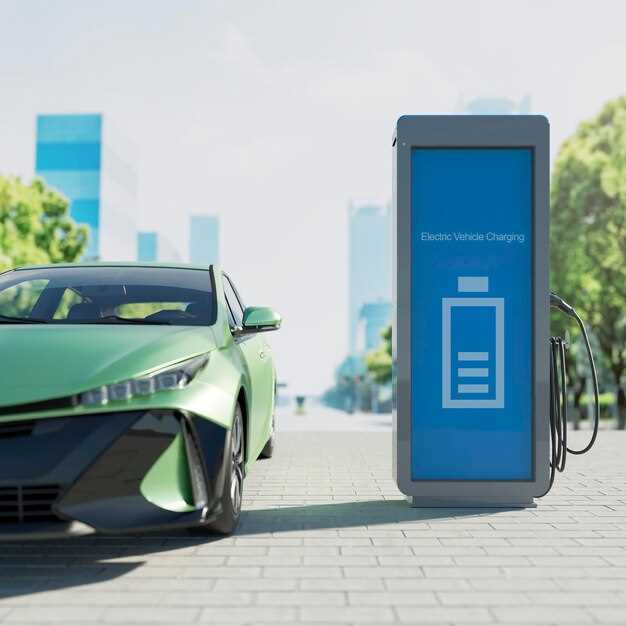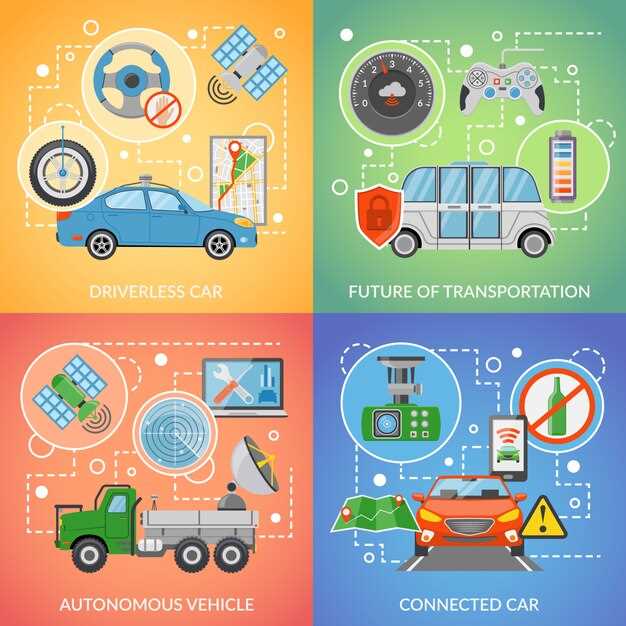
As the demand for sustainable transportation solutions continues to grow, the automotive industry has witnessed a significant shift towards electric and hybrid vehicles. In the realm of trucks, these two technologies offer distinct advantages and drawbacks that are crucial for drivers and fleet managers to understand. This article delves into the key differences between electric and hybrid trucks, highlighting their operational characteristics, environmental impacts, and overall efficiency.
Electric trucks are powered entirely by electric motors and rely on batteries for their energy source. This design provides the benefit of zero tailpipe emissions, making electric trucks an appealing option for environmentally conscious consumers and businesses. In contrast, hybrid trucks utilize a combination of an internal combustion engine and an electric motor. This dual powertrain allows for greater versatility, but at the expense of still producing some emissions, depending on how the vehicle is used.
In terms of range and performance, these two truck types exhibit significant differences. Electric trucks typically have a limited range compared to their hybrid counterparts, which can switch between fuel sources as needed. However, advancements in battery technology are steadily improving the range and charging infrastructure for electric vehicles. Understanding these distinctions is essential for making informed decisions in a rapidly evolving marketplace, especially as regulations surrounding emissions become increasingly stringent.
Comparative Analysis of Powertrains in Electric and Hybrid Trucks

The powertrains in electric and hybrid trucks represent distinct approaches to reducing emissions and optimizing fuel efficiency. Understanding their mechanisms is crucial for evaluating their performance, cost-effectiveness, and environmental impact.
Electric trucks are powered entirely by electric motors, which draw energy from large battery packs. This design eliminates reliance on fossil fuels, resulting in zero tailpipe emissions. Electric motors provide instant torque, enabling quick acceleration and smooth operation. Additionally, the regenerative braking feature allows electric trucks to recover energy during deceleration, enhancing overall efficiency. However, range limitations and charging infrastructure remain challenges for widespread adoption.
In contrast, hybrid trucks combine a conventional internal combustion engine with an electric motor and a smaller battery. This hybrid configuration allows for flexible power delivery, where the internal combustion engine can operate independently or in conjunction with the electric motor. This duality enables hybrid trucks to achieve better fuel economy compared to traditional diesel trucks. They can utilize electric power during low-speed driving and switch to the internal combustion engine for higher speeds, maximizing efficiency across varied driving conditions.
Moreover, hybrid trucks often feature advanced energy management systems that intelligently determine the optimal use of power sources. These systems can prioritize electric mode in urban settings, where stop-and-go driving is prevalent, thereby reducing emissions in densely populated areas. Conversely, when hauling heavy loads or driving at high speeds, the internal combustion engine can take precedence to ensure sufficient power delivery.
Overall, while electric trucks excel in sustainability and operational simplicity, hybrid trucks offer a balanced solution by integrating both electric and conventional power sources. The choice between the two largely depends on specific operational needs, infrastructure availability, and environmental goals. Understanding these powertrain differences is essential for businesses considering a transition to greener alternatives in their fleets.
Cost Implications of Ownership for Electric Versus Hybrid Trucks
The ownership costs of electric and hybrid trucks differ significantly, influenced by several factors including purchase price, fuel costs, maintenance, and incentives.
Initially, electric trucks typically have a higher upfront cost compared to hybrid models. The price of electric vehicles is largely attributed to the expensive batteries they utilize. However, this initial investment can be offset by various federal and state incentives aimed at promoting electric vehicle adoption. These incentives can reduce the effective purchase price considerably, making electric trucks more financially attractive in the long run.
Fuel costs present another crucial difference. Electric trucks have lower operational expenses because they rely on electricity, which is generally cheaper than diesel or gasoline. Additionally, the growing availability of charging infrastructure can reduce costs further. In contrast, hybrid trucks experience fluctuating fuel costs that depend on fuel prices, making them less predictable over time.
Maintenance costs also tend to favor electric trucks. They have fewer moving parts than their hybrid counterparts, resulting in lower maintenance needs and reduced costs over the vehicle’s lifespan. For example, electric trucks do not require oil changes, and brake wear is minimized due to regenerative braking systems. Hybrid trucks, while offering some hybrid technology advantages, still necessitate maintenance associated with both electric and internal combustion systems.
Another important consideration is taxation and insurance. Electric trucks may qualify for additional tax benefits that lower their total cost of ownership. Insurance rates could be influenced by the vehicle’s technology and repair costs, which can be higher for electric trucks due to specialized parts. However, as electric trucks become more common, these costs may stabilize.
Ultimately, while electric trucks may present a higher upfront cost, their potential for lower ongoing expenses makes them an appealing option for many fleet owners. The decision between electric and hybrid trucks should factor in individual financial situations, driving patterns, and access to charging infrastructure to determine the most cost-effective choice for ownership.
Environmental Impact: Emissions and Sustainability of Electric and Hybrid Trucks

The environmental impact of trucks, particularly in terms of emissions and sustainability, is a crucial aspect of modern transportation. Electric and hybrid trucks offer distinct advantages and challenges in this context.
Electric trucks are designed to operate solely on electric power, resulting in zero tailpipe emissions. This feature dramatically reduces urban air pollution, contributing to improved air quality, especially in densely populated areas. Furthermore, the emissions associated with electric trucks largely depend on the energy source used for electricity generation. In regions where renewable energy sources, such as solar and wind, dominate, the overall carbon footprint associated with electric truck operations can be significantly minimized. However, in areas reliant on fossil fuels for electricity, the environmental benefits may be diminished.
Hybrid trucks, on the other hand, combine traditional internal combustion engines with electric propulsion systems. This technology allows for improved fuel efficiency and reduced emissions compared to conventional diesel trucks. Hybrid trucks can operate in electric mode under certain conditions, such as during city driving or low-speed situations, further lowering particulate and greenhouse gas emissions. Nevertheless, the presence of an internal combustion engine means that hybrids still produce some emissions, albeit at a reduced rate compared to their purely diesel counterparts.
In terms of sustainability, the production and disposal of batteries used in electric and hybrid trucks present challenges. Battery manufacturing can involve significant resource extraction and energy consumption, which may adversely impact the environment. However, advancements in battery recycling and the development of more sustainable materials are being pursued to mitigate these issues.
When considering the long-term environmental impact, electric trucks tend to have a lower overall carbon footprint throughout their lifecycle. As renewable energy sources become more prevalent and battery technologies advance, electric trucks are positioned to play a pivotal role in reducing greenhouse gas emissions in the transportation sector.
In conclusion, while both electric and hybrid trucks offer environmental benefits compared to traditional vehicles, electric trucks typically present a more sustainable option, particularly as energy sources and battery technologies continue to evolve.




